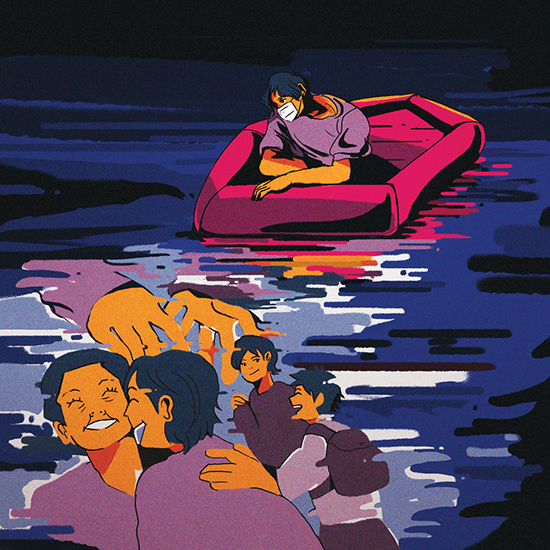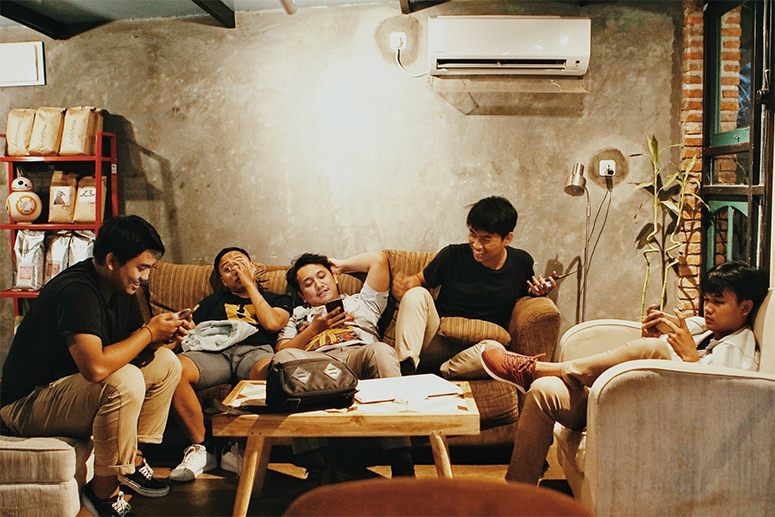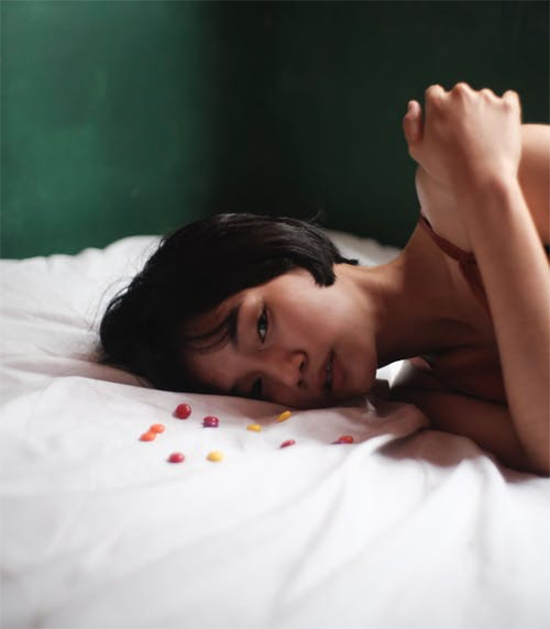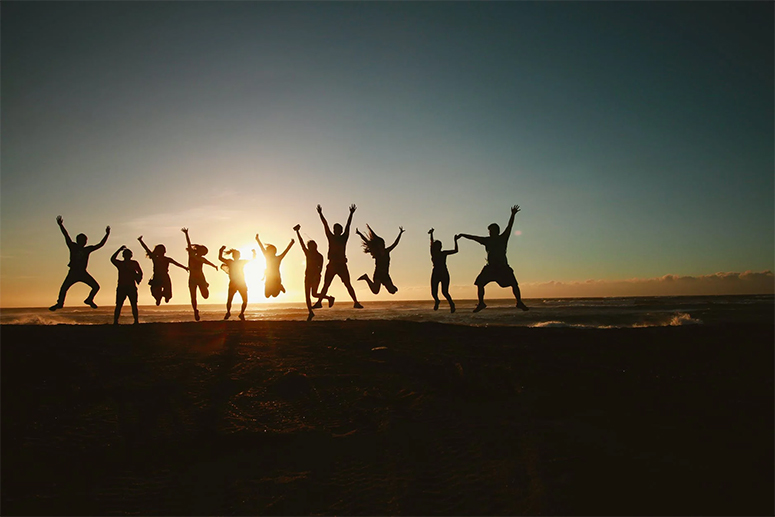Is that ‘saudade’ you’re feeling?
The first time I came across this cultural concept was in college. During the age of discoveries, saudade gave voice to the longing seafarers had for the lives they left behind — and those of the families who waited for them while assuming they may never return.
We were taught that only the Portuguese can experience this encompassing yet untranslatable word, but I don’t think so. Saudade seems to articulate the melancholy longing I’ve had since the pandemic began. My mind conjures images of Filipinos on life rafts, holding tighter to the past and drifting further away from the normalcy we were promised a dog year ago.

Who hasn’t heard the question, “What’s the first thing you’ll do when this is over?” For most, their initial thought may be vacations they’ll take; some would probably remember the hugs and homemade meals they promised they’d give; and a few already have a list of bars they’ll celebrate the pandemic endgame in.
While the pleasure of nostalgia grounds us in the past, it’s the sting of saudade that catapults us into the future. In the end, it is neither hope nor expectations that carry us forward but the desire to go on in spite of it all.
Saudade hits people differently. But I didn’t think deeply about what our inner longing meant for our common humanity, until I asked others who felt the same way.
“I long for a missed connection that’s filled with what-ifs and what-could-have-beens… those simple moments that we used to just take for granted,” Nadine shared after we caught up through DMs. In times of uncertainty, we became more cautious, conscious of the things that were left undone or unsaid to people we care about. Today, she tries to fill that void through a podcast, audibly gathering people wherever they may be isolating.
Preetiz, who juggles law school and office work, reminisced about spontaneity. “The freedom to have dinner with my classmates to laugh-cry over a quiz or go to a café instead of reviewing at home or working in the office — I miss being able to do all those just because.”

Homes that were once a shelter from packed meeting rooms, schools, gyms and bars became all those things at once. Still, the COVID-19 life isn’t paradise even for introverts like Anton. Calling from his hometown in Tarlac, he admitted, “Despite the refreshing change of pace, months of solitude and emptiness made me long for upbeat city life. I used to wake up excited. Now, every day feels routinary.”
Anika, who hasn’t returned from Singapore since February last year, wrote to me: “I’m yearning for when ‘home’ is no longer displaced in feelings of confinement, but instead a safe space I crave, familiar in both mind and surroundings. So I close in on experiences that can help solidify what home is to me, from countries of identity to my very own sanity.”

Along with longing for familiarity, some experienced a multitude of lost opportunities. Ted, a culinary arts graduate, found himself with a post-grad diploma in marketing and no job. “I’ve been using this time instead to improve myself through books so I could get my career goals back on track post-pandemic.”
I could relate; leaving an unstable job opened the door to the right career for me at this time. “When you acknowledge that profound sense of loss and longing, you can learn from it. You’ll realize that there are others going through the same experience,” he assured the both of us.
Of all the saudades, the kind for someone beloved lingers the longest and hurts the most. Yet my tears never fall no matter how many times I reread the last text from my ninang, whose death was reduced to a mere number on a chart. I do miss her. But toxic positivity programmed me to look back on memories with solitary nostalgia. Moral disgust creeps in when I begin to think of a silver lining in a world where people are either getting sicker or poorer.

In my room that has everything I need, absence has become more pronounced. As a sense of incompleteness settles upon me, I’m slowly considering that saudade may be inevitable and essential for a time that calls for intervention. Amid the fear and proximity brought by lockdowns, we’ve become undeniably kinder and more available: checking in on friends, mobilizing community pantries, and even distributing our resources to help strangers stay afloat. I cannot recall another time in my life with an overwhelming display of compassion and patriotism. The continuing losses — of life, livelihood, and trust in the government’s pandemic response — awakened the bayanihan spirit and finally got us moving.
The possibility for things to turn around, slim as it may be, is what makes saudade devastatingly beautiful. Perhaps it’s the romantic in me, not only as a writer but also as someone who wants to experience the fullness of life. I realized that embracing pain is a positive and final step towards feeling the entire spectrum of emotions and, ultimately, becoming wholly human. While the pleasure of nostalgia grounds us in the past, it’s the sting of saudade that catapults us into the future. In the end, it is neither hope nor expectations that carry us forward but the desire to go on in spite of it all.
Those who are fortunate enough to see another day live to seize each one now. Maia, who feels saudade for a past love, promised herself to make up for the lost time: “Whether it’s rekindling relationships, seeing the world, or fulfilling dreams that had to wait, I’m gonna do them all.” Our common friend Maria chimed in, “I learned not just to value every moment but to go for it. We’re not always guaranteed another chance.”

Jordan and so many others think of a faster, more effective vaccine rollout as a key back to what we miss most. But “unless we’ll have better elected leaders to manage future disasters like this, I worry we’ll relive this as long as we live.” His premonition reminded me of how the pandemic brought out the best and worst in people. Discovering that there is actually so much to lose, we must rethink how we live and whom we entrust our lives with.
In the world’s longest lockdown, saudade has allowed Filipinos to cope with the pandemic and clamor for good change, both on individual and national levels. COVID-19 is the wake-up call we desperately needed to stop counting the days, and instead, make them count. The fundamental question for us to reflect on a daily basis is, how can we chart a path forward? Saudade, even if it hurts, could be our palimpsest in an otherwise mapless journey to the new normal.


